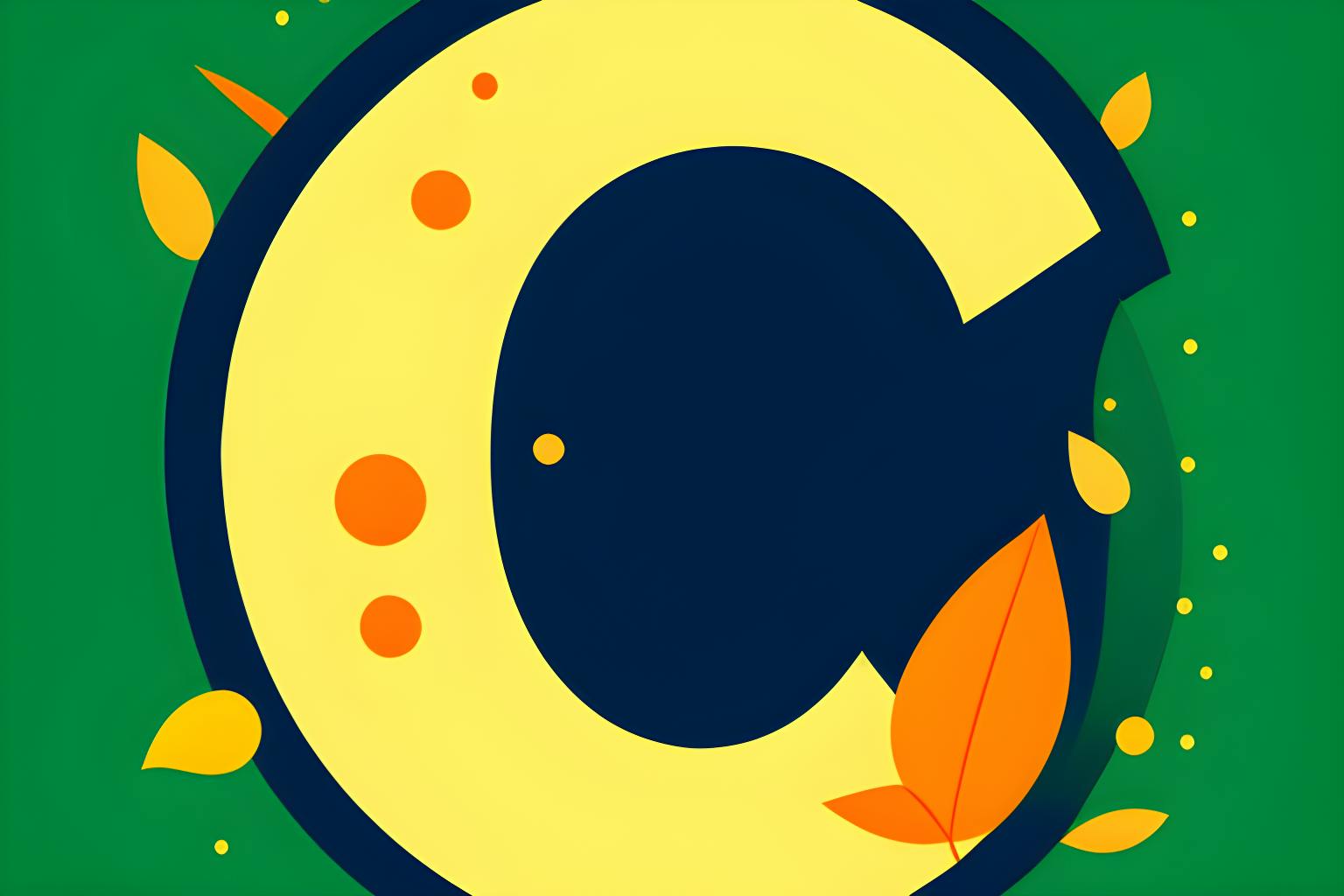DOE vs. Github (amended complaint) Court Filing (Redacted), June 8, 2023 is part of HackerNoon’s Legal PDF Series. You can jump to any part in this filing here. This is part 7 of 38.
VI. CLASS ALLEGATIONS
A. Class Definitions
38. Plaintiffs bring this action for damages and injunctive relief on behalf of themselves and all others similarly situated as a class action pursuant to Rules 23(a), 23(b)(2), and 23(b)(3) of the Federal Rules of Civil Procedure, on behalf of the following Classes:
“Injunctive Relief Class” under Rule 23(b)(2):
All persons or entities domiciled in the United States that, (1) owned an interest in at least one US copyright in any work; (2) offered that work under one of GitHub’s Suggested Licenses[4] ; and (3) stored Licensed Materials in any public GitHub repositories at any time between January 1, 2015 and the present (the “Class Period”).
“Damages Class” under Rule 23(b)(3):
All persons or entities domiciled in the United States that, (1) owned an interest in at least one US copyright in any work; (2) offered that work under one of GitHub’s Suggested Licenses; and (3) stored Licensed Materials in any public GitHub repositories at any time during the Class Period. These “Class Definitions” specifically exclude the following person or entities:
a. Any of the Defendants named herein;
b. Any of the Defendants’ co-conspirators;
c. Any of Defendants’ parent companies, subsidiaries, and affiliates;
d. Any of Defendants’ officers, directors, management, employees, subsidiaries, affiliates, or agents;
e. All governmental entities; and
f. The judges and chambers staff in this case, as well as any members of their immediate families.
[4] When a GitHub user creates a new repository, they have the option of selecting one of thirteen licenses from a dropdown menu to apply to the contents of that repository. (They can also apply a different license later, or no license.) The Creative Commons Zero v1.0 Universal and the Unlicense donate the covered work to the public domain and/or otherwise waive all copyrights and related rights. Because they do not contain the necessary provisions nor do they even allow the owner to make copyright claims in most circumstances, they are not included in the Class Definition. We refer to the remaining eleven options as the “Suggested Licenses,” which are: (1) Apache License 2.0 (“Apache 2.0”); (2) GNU General Public License version 3 (“GPL-3.0”); (3) MIT License (“MIT”); (4) The 2-Clause BSD License (“BSD 2”); (5) The 3-Clause BSD License (“BSD 3”); (6) Boost Software License (“BSL-1.0”); (7) Eclipse Public License 2.0 (“EPL-2.0”); (8) GNU Affero General Public License version 3 (“AGPL-3.0”); (9) GNU General Public License version 2 (“GPL-2.0”); (10) GNU Lesser General Public License version 2.1 (“LGPL-2.1”); and (11) Mozilla Public License 2.0 (“MPL-2.0”). These Suggested Licenses each contain at least three common requirements for use of the Licensed Materials in a derivative work or copy: attribution to the owner of the Licensed Materials (“Attribution”), inclusion of a copyright notice (“Copyright Notice”), and inclusion of the applicable Suggested License’s text (“License Terms”).
Continue Reading Here.
About HackerNoon Legal PDF Series: We bring you the most important technical and insightful public domain court case filings.
This court case 4:22-cv-06823-JST retrieved on August 26, 2023, from Storage Courtlistener is part of the public domain. The court-created documents are works of the federal government, and under copyright law, are automatically placed in the public domain and may be shared without legal restriction.

